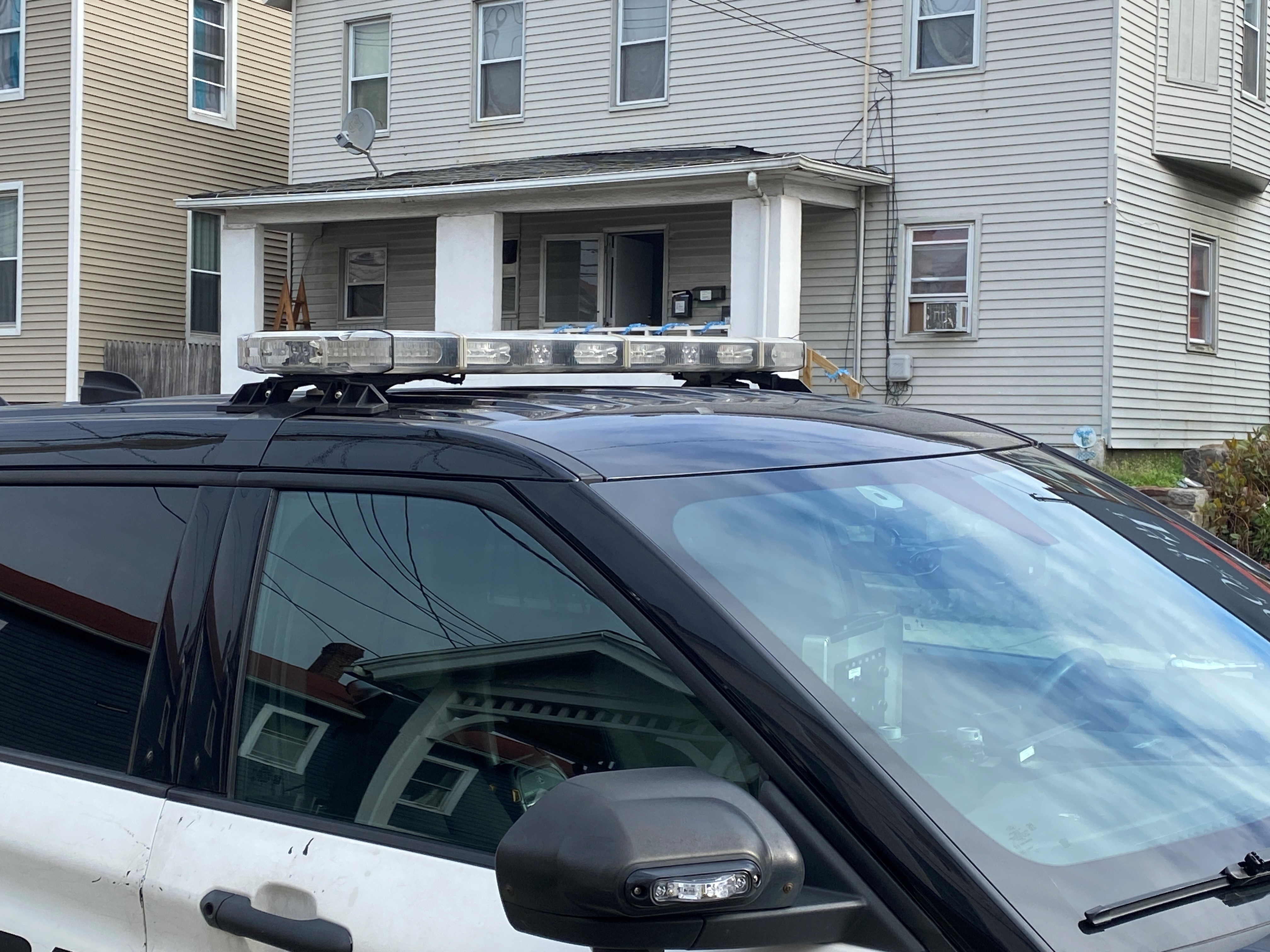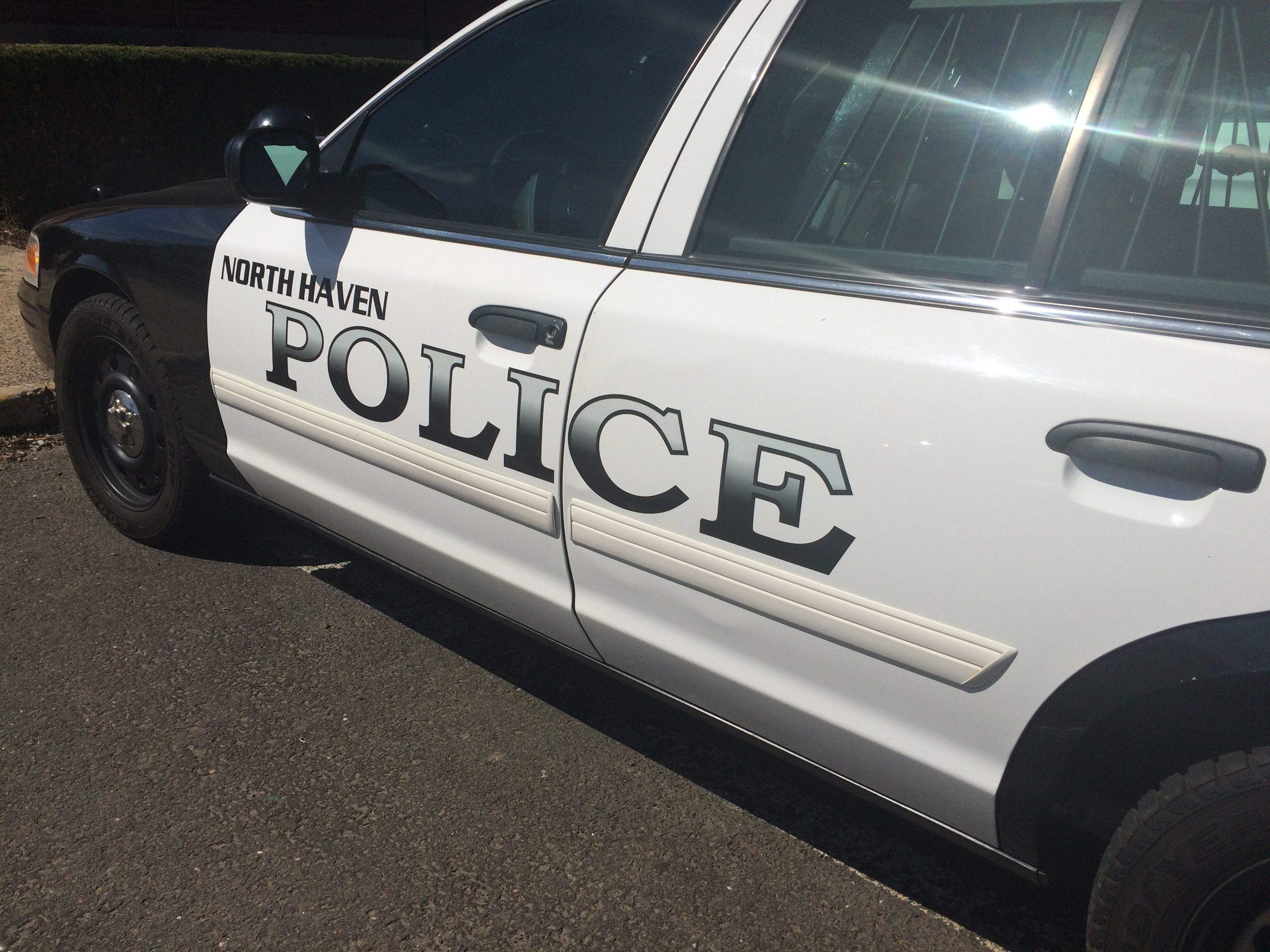They say no matter how old she gets, sometimes a girl just needs her mom.
For Kyley Reed, of Milford, this is one of those times. Her mother, Dorothy Franco-Reed, a 1984 Olympian turned ESPN commentator, is living with early-onset Alzheimer’s.
Now 61 years old, Dorothy was diagnosed with the disease at just 59. Kyley said she started noticing signs in her mother about four years earlier, like forgetfulness and emotional changes.
“Obviously you don’t want to get that news, there’s a lot dread behind it … but to me it was like, we had an explanation,” Kyley, a Connecticut Women's Volleyball Hall of Fame inductee and Jonathan Law High School teacher, said of the moment she learned her mother’s diagnosis. “Finally, it’s not your fault that you’re acting this way and forgetting things. But now there’s room for more dread just because we don’t know how it’s going to progress.”
Of the 5 million Americans living with Alzheimer’s, just 5 percent have the early onset type, according to the Alzheimer’s Association.
Dorothy’s comes decades ahead of when her own mother, also named Dorothy, developed the disease in her mid-80s. Dorothy and husband, Tom Reed, cared for the elder Dorothy in her final years of life. She died at 94.
“We had her come live with us,” Dorothy recalls. “Was it difficult? Yeah. Was it worth it? Absolutely.”
Local
As a daughter and caretaker, Dorothy has seen what the future could hold. As a mother and patient, she’s determined to fight. She works out regularly, stays social, and keeps the relentless determination she was known for on the Team USA Handball court.
“Persistence wears out resistance. You know? You just keep resisting. And you get there. No matter what the obstacles are, or the barriers people put up, you just gotta keep going,” she said.
And with an uncertain road ahead, Kyley and Dorothy have decided the only way to navigate it is together. They’ve decided to pursue a “bucket list” of sorts, making as many memories as possible while making every day count.
It began with a coast-to-coast road trip last summer -- 50 days, 30-something states, countless memories.
“I wanted to live in that road trip,” Kyley said. “Everything about it. I wanted it to stay there. It was perfect.”
There is no cure for Alzheimer’s presently. Treatments can slow the progression and Dorothy is participating in some clinical trials.
“Mother Nature will take its course,” she acknowledges, “but I’m going to defy that as long as I can and I’d give that advice to anybody,” she said.
She knows the memories may fade over time, but a love as deep as the one shared between Dorothy and Kyley?
That’s something Alzheimer’s can’t touch.



